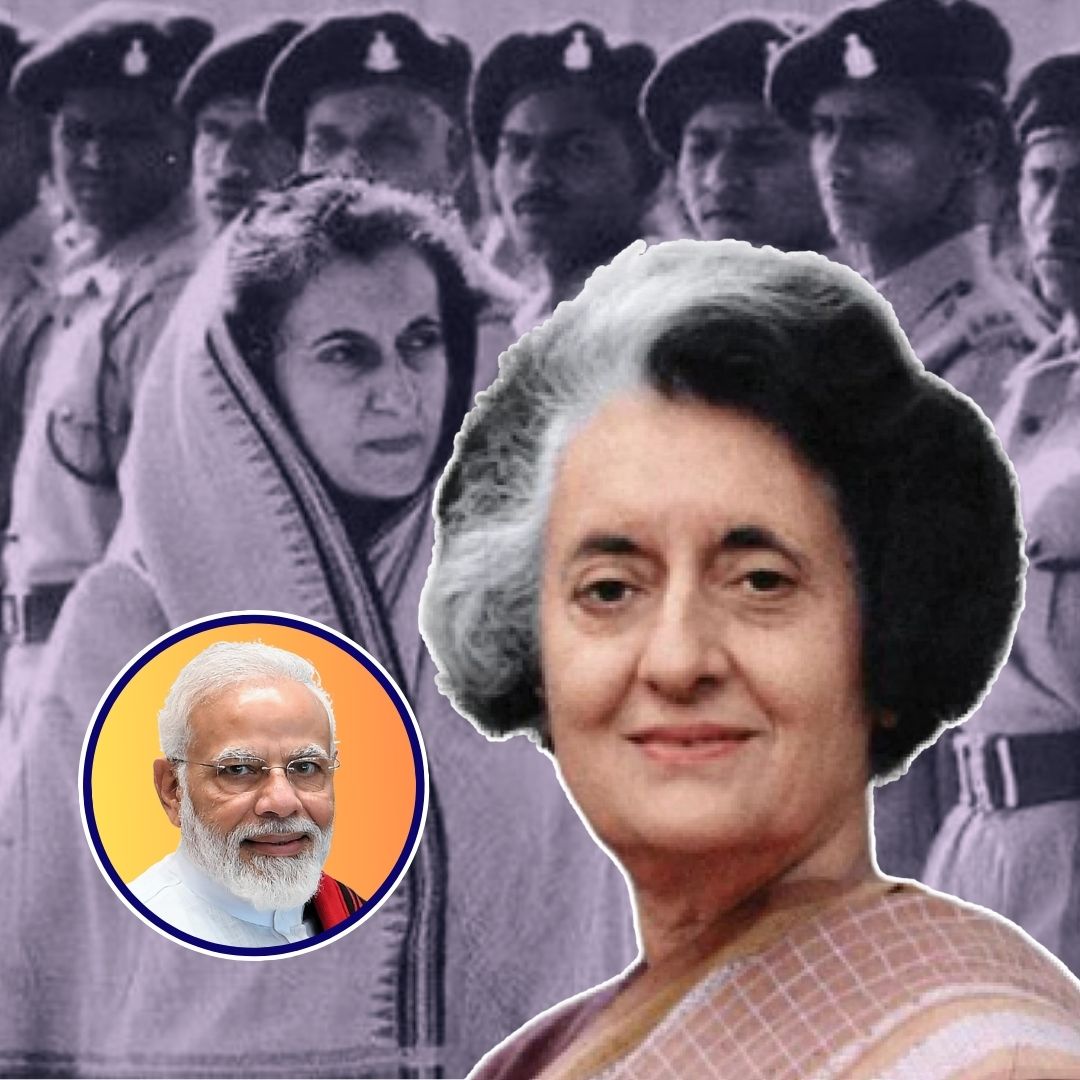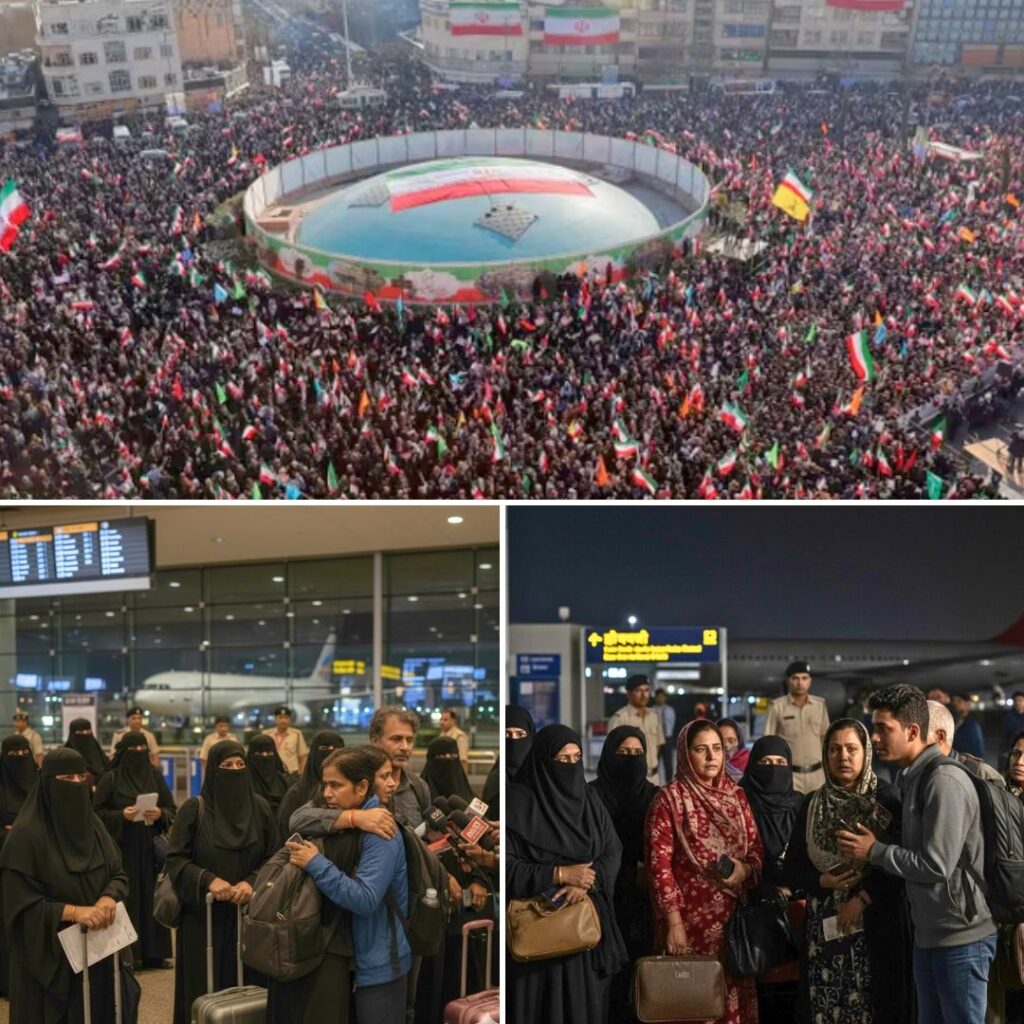Prime Minister Narendra Modi paid rich tributes to former Prime Minister Indira Gandhi on her 108th birth anniversary on November 19, 2025, marking a day of national reflection on the legacy of one of India’s most influential leaders. Modi’s simple yet heartfelt message on his social media platform X read, “Tributes to former PM Smt. Indira Gandhi Ji on the occasion of her birth anniversary,” recognising her pivotal role in shaping modern India.
Along with Modi, senior Congress leaders, Rahul Gandhi, Sonia Gandhi, Mallikarjun Kharge, and K.C. Venugopal, gathered at Indira Gandhi’s memorial, Shakti Sthal in New Delhi, to pay floral tributes and honour her enduring contributions to the nation’s unity, security, and social progress.

Tributes Highlight Leadership and Legacy
The tributes on this occasion reflected widespread admiration for Indira Gandhi’s fearless and decisive leadership. Rahul Gandhi, her grandson, described her as a source of personal inspiration, praising her courage, patriotism, and moral guidance that continue to influence his political journey.
Congress president Mallikarjun Kharge underscored her political courage and lifelong dedication to public service, saluting her ultimate sacrifice. Congress general secretary K.C. Venugopal described her tenure as a period that strengthened India’s position on the global stage and emphasized her role in securing India’s sovereignty and welfare.
The Congress party, through its official channels, highlighted Indira Gandhi’s transformative policies like the Green Revolution and her role in the liberation of Bangladesh, portraying her as a leader who refused to bow to global superpowers.

Indira Gandhi’s Place in Indian History
Born on November 19, 1917, Indira Gandhi was not only India’s first female Prime Minister but a figure who left a lasting imprint on the country’s political and social fabric. Daughter of Jawaharlal Nehru, India’s first Prime Minister, she had early exposure to politics and the freedom struggle.
During her leadership periods (1966–1977 and 1980–1984), she navigated India through challenging events such as the Indo-Pakistan war of 1971, which led to the birth of Bangladesh. She also focused extensively on agricultural self-sufficiency and economic reforms.
The anniversary coincides with National Integration Day, instituted by the Congress in 1985 to honour her role in promoting unity among India’s diverse cultures and regions. This day serves as a reminder of her commitment to a united India despite various geopolitical and internal challenges.
Indira Gandhi earned the nickname “Iron Lady” due to her resolute and formidable leadership style that marked her tenure as India’s Prime Minister. The sobriquet was first popularised by Henry Kissinger, the then U.S. Secretary of State, who admired her unwavering strength and decisiveness in dealing with both domestic and international challenges.
Despite early criticisms and being labelled a “goongi gudiya” (dumb doll) by some political opponents, she proved her mettle by asserting firm control over the Indian National Congress and transforming herself into a powerful leader.

The Logical Indian’s Perspective
At The Logical Indian, this occasion is an opportunity to reflect on the values of dedication, resilience, and unity exemplified by Indira Gandhi’s leadership. Honouring her legacy, and the bravery of figures like Rani Lakshmibai, reminds us that India’s strength has always rested on diversity, inclusive progress, and standing together against challenges.
While political views may differ, respect for leaders who have shaped India’s history is vital, helping to foster a culture of empathy and constructive dialogue.













